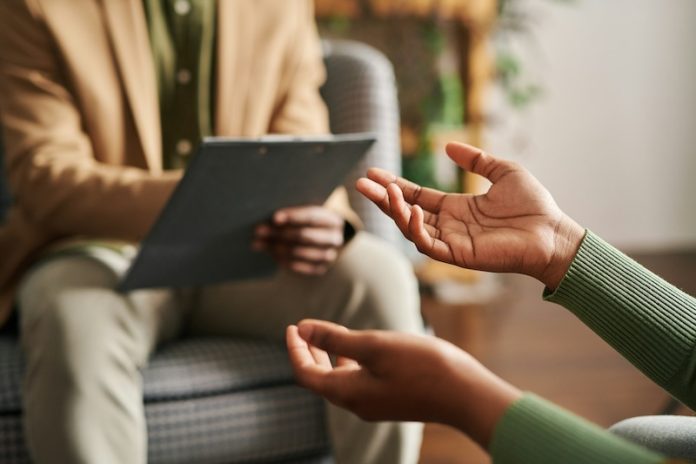
A new study by researchers at University College London (UCL) shows that stroke survivors who receive talking therapy for depression and anxiety are more likely to see real improvements in their mental health. The findings, published in Nature Mental Health, suggest that early access to therapy plays a key role in improving recovery outcomes.
The study looked at data from nearly 1.9 million people who used the free NHS Talking Therapies for Anxiety and Depression service in England between 2012 and 2019. Among them were 7,597 stroke survivors.
More than one in three people who have a stroke develop depression or anxiety, which can slow down physical and mental recovery—and even raise the risk of death in the years that follow.
The researchers found that talking therapy helped the majority of stroke survivors. In fact, 71% showed a meaningful improvement in symptoms, and nearly half—49%—fully recovered from their depression or anxiety.
These results are nearly in line with the UK government’s goal that 50% of people who complete treatment in NHS Talking Therapies should recover. That’s especially significant because people with long-term physical health problems, like stroke, often don’t respond as well to therapy as the general population.
NHS Talking Therapies offers several types of support, including cognitive behavioral therapy (CBT), counseling, and guided self-help. These sessions can be done face-to-face, in groups, or online. Patients are assessed using two standard questionnaires: the PHQ-9 for depression and the GAD-7 for anxiety. These tools measure symptoms like low mood, sleep problems, and constant worrying.
On average, stroke survivors experienced a moderate reduction in depression symptoms and an even greater reduction in anxiety symptoms after using the therapy service. They also reported fewer problems in everyday activities like working, managing their home, maintaining relationships, and enjoying hobbies.
Timing also mattered. The study found that stroke survivors who started therapy within six months of their stroke were more likely to recover than those who waited a year or more. This pattern held true regardless of age, gender, or how severe their symptoms were to begin with.
Dr. Jae Won Suh, the study’s lead author, emphasized that mental health care is just as important as physical care for stroke survivors. “Our findings strongly support earlier, small-scale research showing that talking therapies work for depression and anxiety after a stroke. The sooner stroke survivors get help, the better their recovery outcomes.”
However, the study also found that stroke survivors were still less likely to fully recover than people who had not experienced a stroke, even when they received the same therapy. They were also more likely to see their symptoms worsen.
But when the researchers accounted for other health problems—like mobility issues or chronic illness—those differences largely disappeared. This suggests that it’s not the stroke itself, but the added burden of poor physical health, that can make recovery harder.
Professor Joshua Stott, one of the co-authors, believes this shows the need for better training for therapists. “Mental health professionals need more support and guidance in treating people with long-term conditions like stroke.
These patients may also have memory or communication difficulties, hearing or vision loss, and other physical health challenges. By giving therapists the right tools and knowledge, we can improve care and outcomes for thousands of people.”
In summary, talking therapy is a valuable and effective tool for helping stroke survivors recover from mental health struggles. But for best results, therapy should start early, and therapists should be trained to support the complex needs of stroke patients.
If you care about stroke, please read studies about how to eat to prevent stroke, and diets high in flavonoids could help reduce stroke risk.
For more health information, please see recent studies about how Mediterranean diet could protect your brain health, and wild blueberries can benefit your heart and brain.
The research findings can be found in Nature Mental Health.
Copyright © 2025 Knowridge Science Report. All rights reserved.



